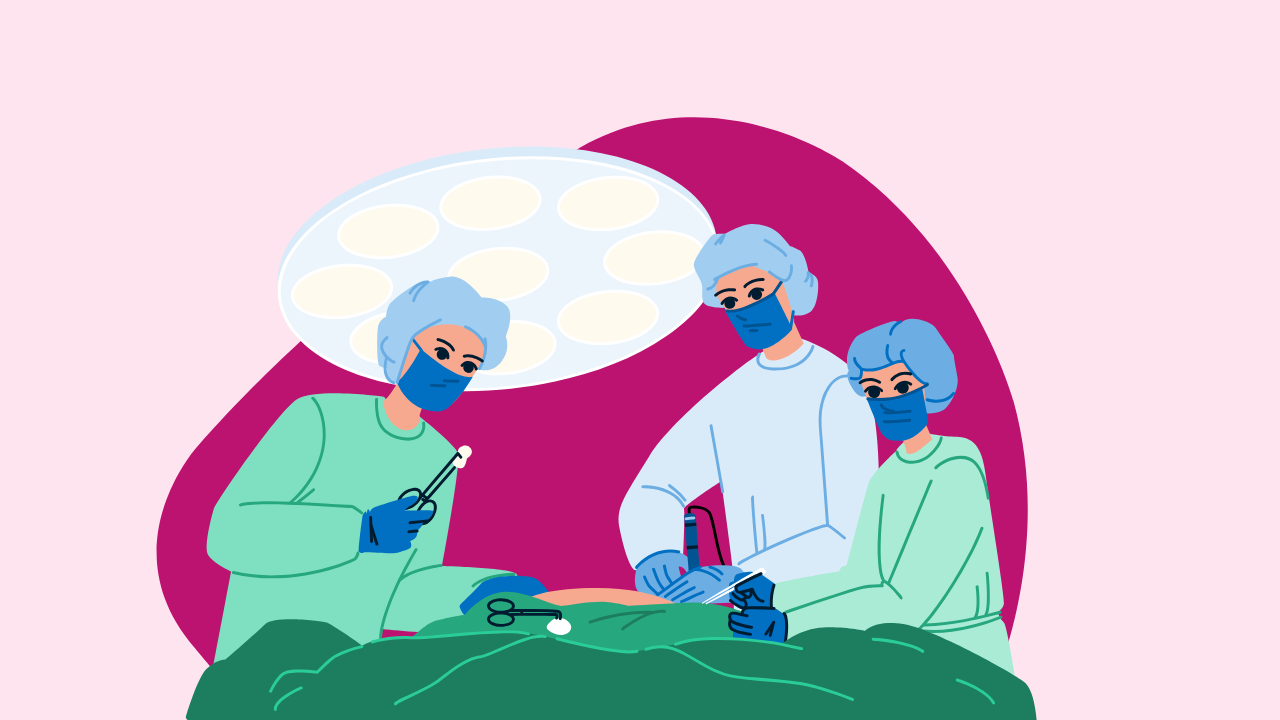Previving the Odds: Making Difficult Decisions Before Cancer

As a previvor, you're in a unique position — empowered by knowledge and proactive in your approach to health. You've already taken significant steps to understand your genetic risk, and now you're facing one of the most personal decisions a person can make: whether or not to have surgery to reduce your cancer risk.
This is a decision that goes far beyond the operating room. It’s about weighing your options, understanding the implications, and preparing for the changes ahead. Here’s what you should consider before moving forward.
1. Understand Your Risk
First and foremost, it's crucial to have a clear understanding of your individual risk. Genetic mutations, such as BRCA1 and BRCA2, can dramatically increase the likelihood of developing breast cancer. If you carry one of these mutations or have a strong family history of breast cancer, your medical team will likely discuss surgical options like prophylactic mastectomy or oophorectomy with you.
But not all risks are created equal. Your age, family history, and even lifestyle factors can influence your decision. Genetic counselors and oncologists can provide a personalized risk assessment, helping you to understand whether surgery is the right step for you or if surveillance and lifestyle changes could be sufficient.
2. Consider the Types of Surgery
When it comes to reducing breast cancer risk through surgery, there are a few different paths you might consider. A prophylactic mastectomy, where one or both breasts are removed, is the most common option for high-risk individuals. This surgery can reduce the risk of developing breast cancer by up to 95%.
Alternatively, some previvors opt for an oophorectomy, the removal of the ovaries, which reduces the risk of both breast and ovarian cancer. This is often recommended for those with BRCA mutations, particularly after childbearing is complete, as it brings on early menopause.
Each type of surgery has its own set of benefits, risks, and long-term implications, so it’s essential to understand what each option entails and how it fits with your overall health goals.
3. Weigh the Psychological and Emotional Impact
Surgery is not just a physical experience; it’s an emotional and psychological journey as well. Body image is a significant consideration for many previvors. The idea of losing a part of your body, even for a potentially life-saving reason, can be daunting. Reconstruction can help to restore some of what’s lost, but it’s not a perfect solution, and it comes with its own set of decisions and potential complications.
It’s also important to recognize that emotions around this decision can be complex. Fear, relief, anxiety, and even grief are all normal responses. Some previvors find it helpful to work with a counselor or join a support group where they can talk openly about their feelings with others who understand.
4. Explore Reconstruction Options
If you decide on a prophylactic mastectomy, you may want to explore reconstruction options. Breast reconstruction can be done at the same time as your mastectomy or at a later date, depending on your circumstances and preferences.
There are several types of reconstruction, from implants to autologous tissue reconstruction (using tissue from other parts of your body). Each method has its advantages and drawbacks, so it’s important to discuss these in depth with your surgeon. Keep in mind that reconstruction is a process—it can involve multiple surgeries and a significant recovery period.
5. Plan for the Future
Surgery is just one part of your long-term health plan. If you’re opting for an oophorectomy, you’ll need to discuss the management of early menopause, which can bring its own challenges, including changes in bone density and cardiovascular health.
Additionally, while surgery can drastically reduce your risk of cancer, it doesn’t eliminate it completely. Regular screenings and a healthy lifestyle remain important. Talk with your medical team about what your post-surgery monitoring plan will look like and how you can stay proactive about your health.
Making the decision to undergo surgery as a breast cancer previvor is deeply personal and complex. There’s no one-size-fits-all answer, and the right choice is the one that aligns best with your values, goals, and lifestyle. Surround yourself with a supportive medical team, seek out emotional support, and take the time you need to make the decision that feels right for you. You’re taking control of your health in a powerful way, and that’s something to be proud of.





